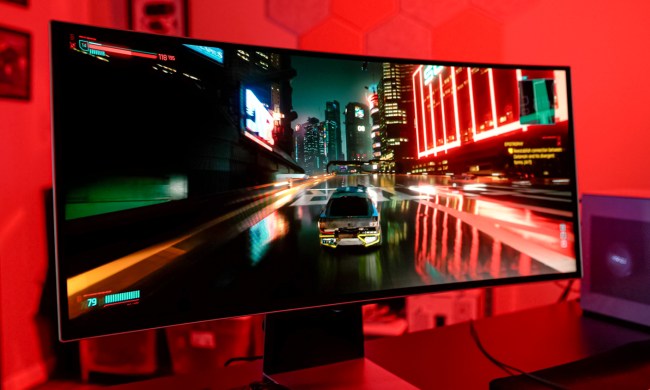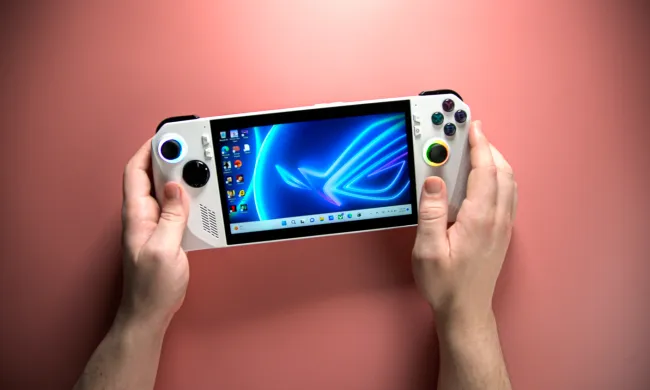
Rumor has it that Nvidia is working on a system-on-a-chip (SoC) that could power PCs and even future handheld gaming devices. The speculation comes from Dan Nystedt, who says that Nvidia is working with MediaTek to develop an AI processor that could be revealed as soon as June.
Adding further weight to the rumor is XpeaGPU, who also claims Nvidia is working on a handheld SoC. The leaker says that Nvidia thinks the chip has “good market potential.” This isn’t the first time we’ve heard about Nvidia looking at the growing market of handheld gaming PCs, either. In March, leaker Moore’s Law is Dead claimed that Nvidia is “worried that it’s missing the boat here” with handheld gaming PCs.
Yep and Mediatek is also working on gaming handled SoC with Nvidia GPU as Jensen is frustrated by Nintendo and he sees a good market potential.
PS: its different than the new NV semi-custom div that tries to reenter the console market (some CN clients are already interested) https://t.co/sBuYVLJILc— AGF (@XpeaGPU) May 15, 2024
This is just a rumor, so details are light and everything is unconfirmed. However, Nystedt claims that chipmaker TSMC will manufacture the SoC on its 3nm node in the first half of 2025. The former journalist also says that the SoC will be expensive at around $300, and that MediaTek expects it to become a big part of its business.
It makes sense for both Nvidia and MediaTek to set their sights on PCs. As it stands, AMD and Qualcomm dominate the space between the upcoming Snapdragon X Elite processors and AMD’s packages like the Ryzen Z1 Extreme inside the ROG Ally. MediaTek is mainly focused on low-power Chromebooks, while Nvidia hasn’t touched handhelds since the Nintendo Switch.
Meanwhile, AMD chips are inside the ROG Ally, Lenovo Legion Go, Steam Deck, and even current-gen game consoles. There’s a big push for Qualcomm-based laptops as well, which should start rolling out this year. We’ve already seen how big of a foothold handheld gaming PCs have gained, and Qualcomm-based laptops could have similar momentum. Currently, Nvidia and MediaTek are absent from that conversation.
Nvidia would have a signficant edge here as well. We’ve already seen how efficient its most recent GPUs are, and features like DLSS Frame Generation offer a massive boost to performance, even with weak hardware. Having access to Frame Generation and better battery life in a handheld gaming PC would flip the market on its head.
For now, however, this is just a rumor. It’s possible we could see a tease of Nvidia and MediaTek’s future plans at Computex in June, but it will likely be a year or more before any of this comes to fruition — if it does at all.




